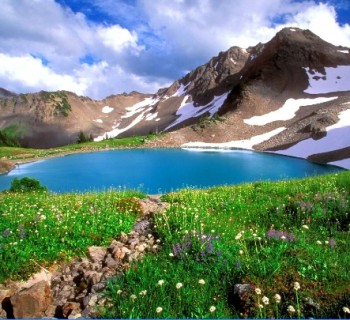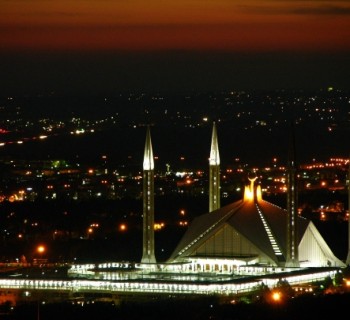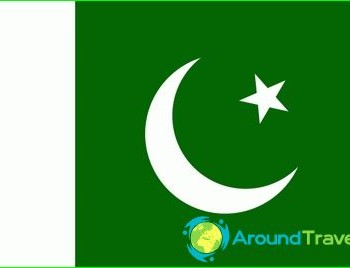Population of Pakistan
Pakistan has a population of over 185 million.
National composition:
- Punjabis (60%);
- Pashtuns;
- other peoples (Sindhi, Bragui, Balochi).
Belunzhi, Bragui and Pashtuns still represent tribal organizations. Pashtuns settled in the northeast of the province of Baluchistan, the Baluchis in the west and east of the same province, as well as in the northwestern territories of Sindh, and bragui in the central regions of Baluchistan. In the province of Sindh live Gujaradis and Rajasthanis (immigrants from the Indian states), and in the north of Pakistan in the mountainous region there are small peoples, the largest of which are the Kho.
100 people live per 1 sq. Km, but the most densely populated areas are those located between the Sutlej and Dzhelam rivers, as well as the Punjab and Sindh provinces, and the arid Baluchistan is characterized by the lowest population density (only 10 people live here per 1 sq. Km).
The state language is Urdu (the language of official documents is English).
Major cities: Karachi, Lahore, Faisalabad, Rawalpindi, Multan, Hyderabad, Gujranwala.
The inhabitants of Pakistan profess Islam (Sunnism, Shiism), Hinduism, Christianity (Catholicism, Protestantism), Buddhism.
Life span
The female population lives on average up to 64, and the male population - up to 62 years..
The medical system in Pakistan is not very developed - only Karachi, Lahore and Islamabad have large international medical centers (medical care is paid).
The main causes of death of the population are malaria, food waste, typhoid fever.
Traditions and customs of the people of Pakistan
Pakistanis are religious people: it comes to the point that even drivers get out of cars, buses and trains in order to perform namaz with passengers (they do this according to the schedule of prayers).
The people of Pakistan are hospitable people. If they invite you to visit, you should not refuse or try to contribute in the form of money or food to the upcoming banquet - it is enough to take small gifts for the owners of the house (flowers, sweets, tobacco, souvenirs), with the exception of alcoholic beverages.
Wedding traditions of Pakistanis are interesting because they do not have a custom to give a ransom for a bride. The first day is celebrated separately by the bride and groom with their guests (Pakistani wedding lasts 4 days). On the second day, special masters paint the bride's hands and feet with henna, after which the groom's side should bring the bride her wedding dress. On the third day, a wedding ceremony is arranged (first, the mullah goes to the groom, and then to the bride). After the marriage is concluded, the bride goes to the groom's house. And on the last, fourth day, a wedding banquet is held.
If you are planning to travel along the tourist routes of Pakistan, then you do not need to get any vaccinations, but in the case of travel to some regions, you may need vaccinations against yellow fever, malaria, typhoid fever, cholera, polio.
In memory of Pakistan, you can bring products made of gold, silver, bamboo, as well as carpets, wooden furniture, trays, pottery, cashmere and silk scarves, camel skin lamps.


